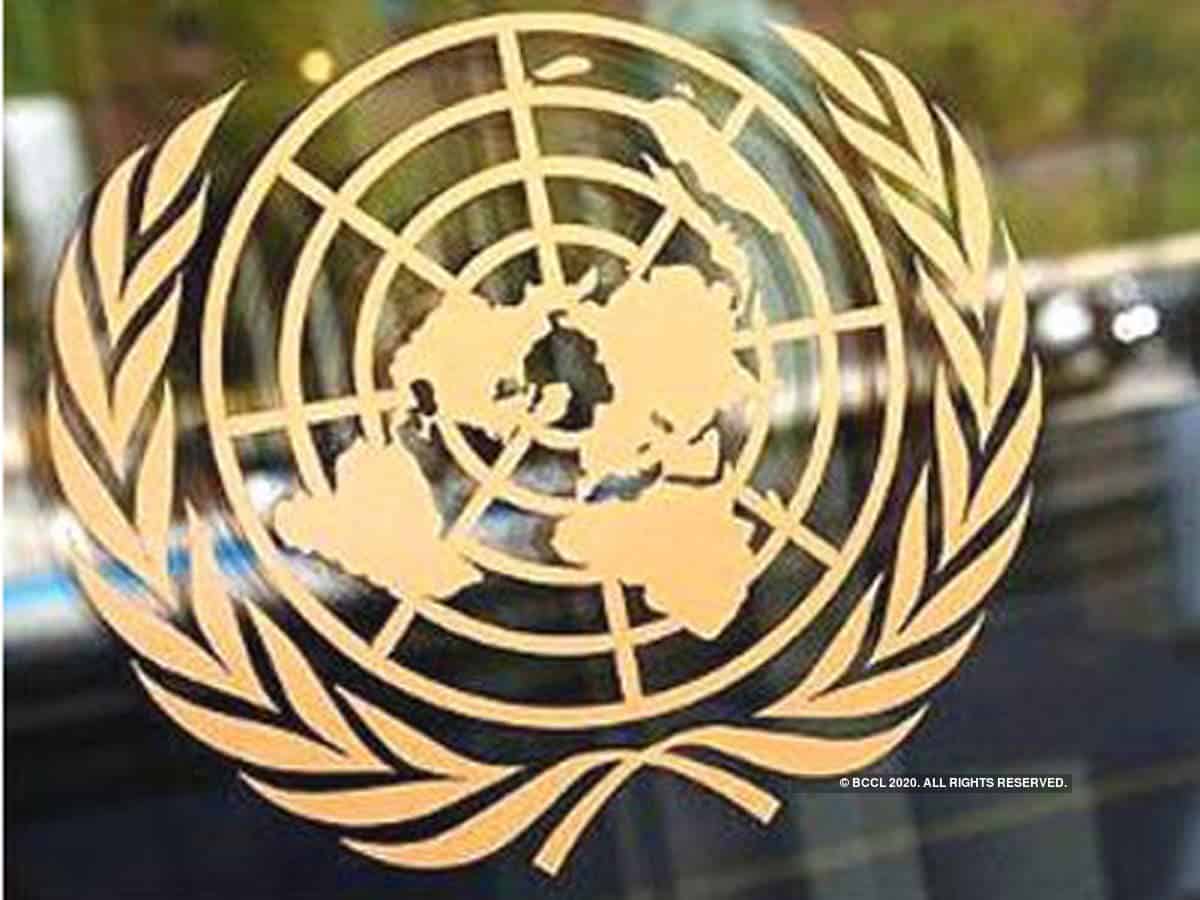New Delhi: President Ram Nath Kovind on Wednesday said that India looked forward to working with the international community to strengthen global peace and prosperity as a member of the UN Security Council for the term 2021-22.
His remarks came while accepting credentials from heads of Mission from New Zealand, the United Kingdom, and Uzbekistan. This was the second time that credentials presentation in Rashtrapati Bhavan happened through video-conference in the wake of the COVID-19 pandemic. The Heads of Mission, who presented their credentials, were David Pine, High Commissioner of New Zealand; Philip Barton, High Commissioner of the United Kingdom; and Akhatov Dilshod Khamidovich, Ambassador of the Republic of Uzbekistan.
Speaking on the occasion, President Kovind conveyed his warm wishes to the envoys on their appointment and noted that India had deep-rooted ties with all the three countries and was privileged to share a common outlook on key global issues with them.
The President noted that enhancing global cooperation was the need of the hour to effectively tackle the COVID-19 pandemic. In this context, he stated that India was at the forefront of ongoing international efforts to defeat the pandemic. Expressing happiness at the vibrant state of relations with the three countries, President Kovind emphasized that as a member of the UN Security Council for the term 2021-22, India looked forward to working with the international community to strengthen global peace and prosperity.
India was elected as a non-permanent member of the powerful UN Security Council for a two-year term last month, winning 184 votes in the 193-member General Assembly.
Along with India, Ireland, Mexico and Norway also won the Security Council elections. India was a candidate for a non-permanent seat from the Asia-Pacific category for the 2021-22 term. Its victory was a given since it was the sole candidate vying for the lone seat from the grouping.
New Delhi’s candidature was unanimously endorsed by the 55-member Asia-Pacific grouping, including China and Pakistan, in June last year.

